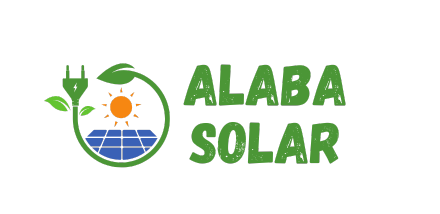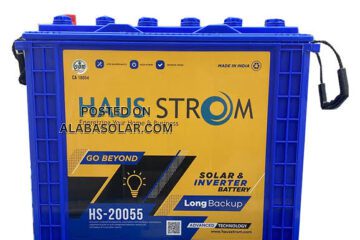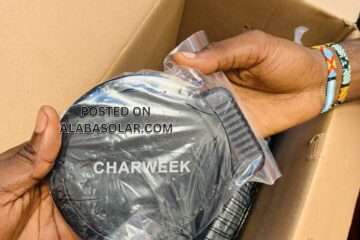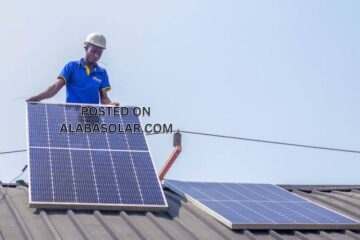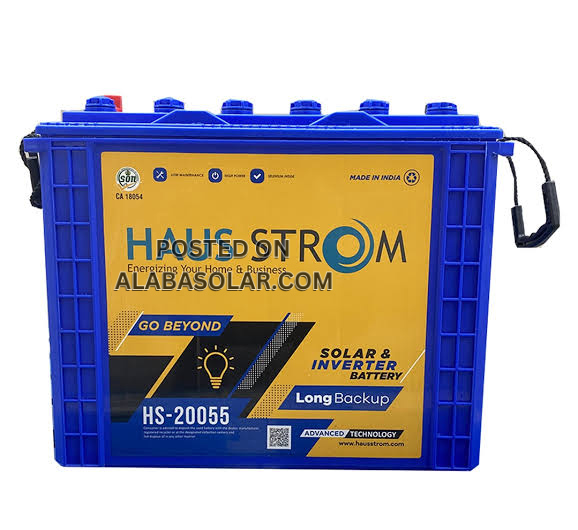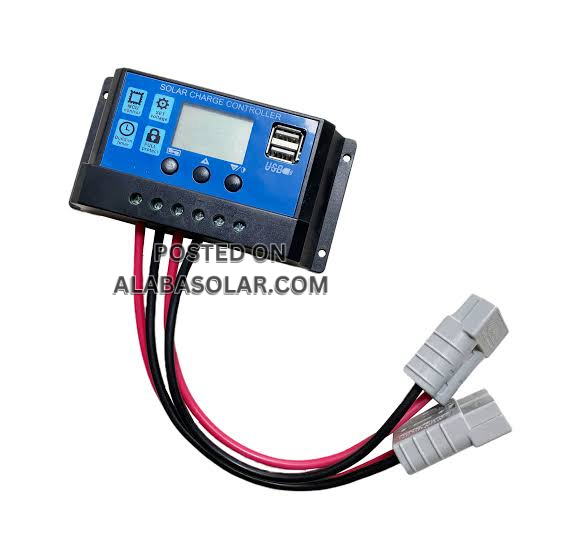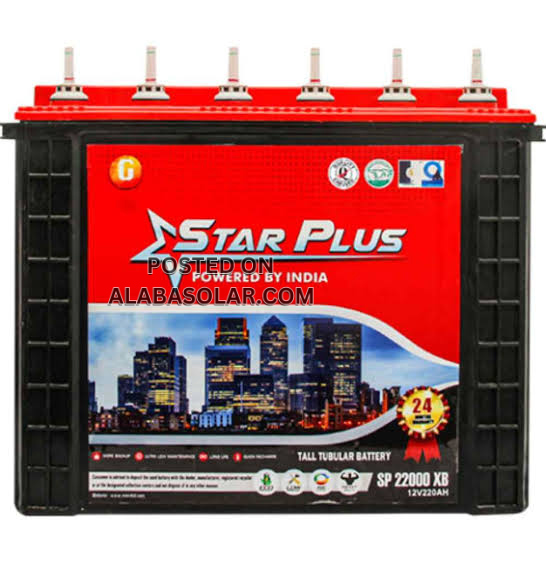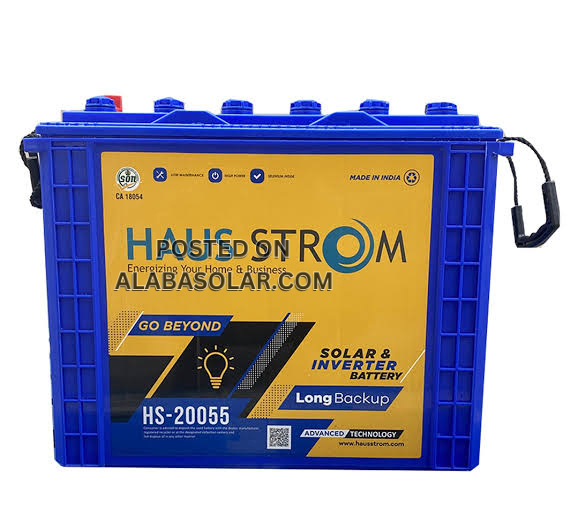![Solar Inverter Prices in Nigeria [Hybrid & Transformer Based]](https://alabasolar.com/wp-content/uploads/2025/03/IMG_4192.jpeg)
Solar Inverter Prices in Nigeria [Hybrid & Transformer Based]
Solar Inverter Prices in Nigeria: A Comprehensive Guide to Cost and Savings
Imagine this: You’re trying to work from home in Nigeria, but the power keeps going off. Your phone’s about to die, and your fridge is starting to sound like a grumpy bear. Sound familiar? Solar inverters could be the answer. They’re becoming increasingly popular in Nigeria, offering a way to escape the unreliable electricity supply and rising bills. This article breaks down the cost of solar inverters in Nigeria, what affects those costs, and how to pick the right one for your needs. Let’s jump in!
CLICK HERE TO BUY SOLAR INVERTER
Understanding Solar Inverters: Types and Functions
Solar inverters are crucial to any solar power system. They take the energy your solar panels produce and make it usable in your home or business.
What is a Solar Inverter?
A solar inverter converts direct current (DC) electricity from your solar panels into alternating current (AC) electricity. Your appliances use AC, so this conversion is essential. An efficient inverter ensures you get the most power possible from your solar panels.
Types of Solar Inverters
There are different kinds of solar inverters, each with unique features.
- String Inverters: These are the most common and often the cheapest option. Solar panels are connected in a “string,” and the inverter converts the electricity for the whole string. However, if one panel is shaded, the output of the entire string can drop.
- Microinverters: These small inverters are installed on each individual solar panel. This means that each panel operates independently, so shading on one panel won’t affect the others. They’re more expensive than string inverters but offer better performance in certain situations.
- Hybrid Inverters: Hybrid inverters combine a solar inverter with a battery charger and inverter. This setup allows you to store excess solar energy in batteries for later use, like during a power outage. It’s a great option for those seeking energy independence.
Factors Affecting Solar Inverter Prices in Nigeria
Several things impact how much you’ll pay for a solar inverter in Nigeria.
Inverter Capacity (kW)
The size of the inverter, measured in kilowatts (kW), is a primary factor. A larger capacity inverter can handle more electricity, and costs more. Picking the right size is crucial. Too small, and you won’t be able to power all your devices. Too big, and you’re wasting money.
Brand and Quality
Like with most things, brand name matters. Well-known brands with a solid reputation tend to charge more. Yet, they often offer higher quality and better warranty coverage. Some trusted brands in Nigeria include SMA, Growatt, and Schneider Electric. Look for inverters that are certified and come with a warranty. This ensures you’re buying a reliable product.
Features and Technology
Fancy features and advanced technology can also bump up the price.
- MPPT (Maximum Power Point Tracking) Efficiency: MPPT is like a smart energy manager. It optimises the power output from your solar panels, and more efficient MPPT leads to better performance, but also a higher price.
- Monitoring Capabilities: Some inverters allow you to monitor their performance remotely via an app or website. This is helpful for tracking energy production and spotting any issues, yet it can add to the cost.
- Grid-Tie vs. Off-Grid Capabilities:Grid-tie inverters connect to the public electricity grid, allowing you to send excess solar power back to the grid. Off-grid inverters are used in areas without grid access and usually work with batteries. Off-grid inverters tend to be more expensive.
Import Duties and Taxes
Import duties and taxes play a significant role in the final price. Nigeria imports most solar inverters. The government might also offer incentives or policies related to solar energy, which could help reduce the cost.
Solar Inverter Price Ranges in Nigeria (2024)
Here are some general price ranges for solar inverters in Nigeria as of 2024. Please note that prices can change based on the vendor, location, and current market conditions.
Price Ranges by Inverter Type
- String Inverters: You can expect to pay between ₦80,000 and ₦300,000 or more, depending on the brand and features.
- Microinverters: These usually range from ₦40,000 to ₦100,000 per panel. Remember, you’ll need one for each panel, so costs can add up quickly.
- Hybrid Inverters: Hybrid inverters are pricier, ranging from ₦250,000 to ₦800,000. This reflects their advanced capabilities and battery integration features.
Price Ranges by Capacity (kW)
- 1kW Inverter: Prices start around ₦70,000 and can go up to ₦150,000.
- 3kW Inverter: Expect to pay between ₦180,000 and ₦400,000.
- 5kW Inverter: Prices range from ₦350,000 to ₦650,000.
- 10kW Inverter: These larger inverters can cost anywhere from ₦600,000 to over ₦1,200,000.
Choosing the Right Solar Inverter for Your Needs
Picking the correct solar inverter requires some careful planning.
Assessing Your Energy Needs
Start by figuring out how much electricity you use. Look at your past electricity bills to get an idea of your average monthly consumption. Then, list all the appliances you want to power with solar energy and their wattage. This will help you determine the right inverter size.
Considering Future Expansion
Think about your future energy needs. Will you be adding more appliances or expanding your home? If so, it might be wise to choose an inverter that is slightly larger than what you currently need. This will allow you to expand your solar system in the future without replacing your inverter.
Installation and Maintenance Costs
Don’t forget to factor in installation costs. Hiring a qualified technician is essential for ensuring your inverter is installed correctly. Also, inverters require occasional maintenance to keep them running smoothly. Include these costs in your budget.
Conclusion
Investing in a solar inverter can be a smart move for Nigerians struggling with unreliable power and rising electricity costs. You’ve learnt about the different types of inverters, the factors affecting their prices, and how to choose the right one for your needs. Although the initial cost may seem high, remember the long-term savings and environmental benefits of solar energy. Don’t wait – start researching your options and take the first step towards energy independence today!
